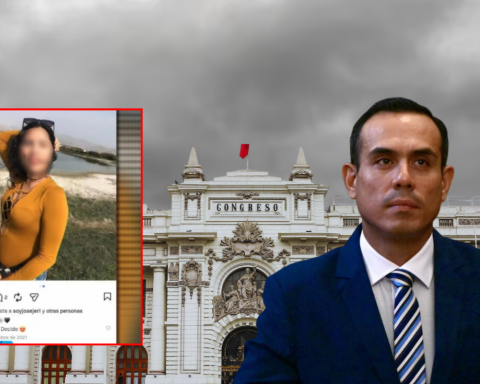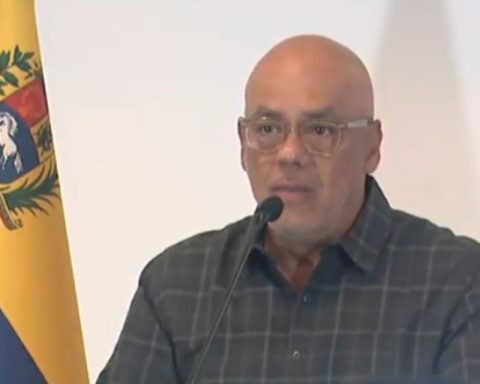On the last day of the year’s legislative session, the National Congress overturned several items of two presidential vetoes. One of the vetoes affected the 2023 Budget Guidelines Law (LDO). Another removed provisions from the law that created the Electronic Public Records System (Serp) and the 2023 Budget Guidelines Law (LDO).
The vetoes were rejected in a joint session of the Chamber and the Senate held after the approval of the General Budget of the Union for 2023. Regarding the LDO, Congress restored the obligation of the Executive Branch to respect the nominations of deputies and senators for the execution of the amendments of general rapporteur. This overthrow will have no practical effect because the Federal Supreme Court (STF) declared the secret budget unconstitutional.
A veto on works under the responsibility of the Union carried out with money from states and municipalities was also overturned. The LDO will again have a device that created a kind of meeting of accounts in these cases, which allowed the reduction of debt values of local governments with the National Treasury.
Other items returned to the text provide that there will be no contingency (blocks) for expenses with economic subsidy to the Rural Insurance premium, with research and development and transfer of technologies for agriculture under the responsibility of the Brazilian Agricultural Research Corporation (Embrapa), with expenses with agricultural defense and with technical assistance and rural extension.
public records
With regard to the law on Public Records, the parliamentarians reincluded an excerpt that determines the automatic extinction of the allocation assets in relation to the apartment unit paid off by the buyer with the registration of the purchase and sale contract or promise of sale.
Asset allocation is a mechanism in which the money allocated to a certain work is separated from the general assets of the construction company and has favored taxation.
According to the parliamentarians, although the government has argued that the device would remove from the developer the obligation of prompt delivery and would generate a possible liability for compensation for unfinished works, the vetoed text is exactly the same as the one edited through the Provisional Measure 1,085/21which originated the law.
Another point whose veto was overturned determines the drawing up of a notarial act in the adjudication of a property subject to a promise of sale or assignment. Now, the minutes must bring identification data of the property and the buyer and proof of payment.
A section was also reincluded in the law that waives the proof of tax compliance of the promising seller in granting the compulsory adjudication.
This compulsory adjudication may occur when the seller refuses to execute the purchase and sale deed, when it is impossible for the seller to execute the purchase and sale deed or when the seller cannot be located to carry out the grant.
* With information from the Chamber and Senate Agencies
















